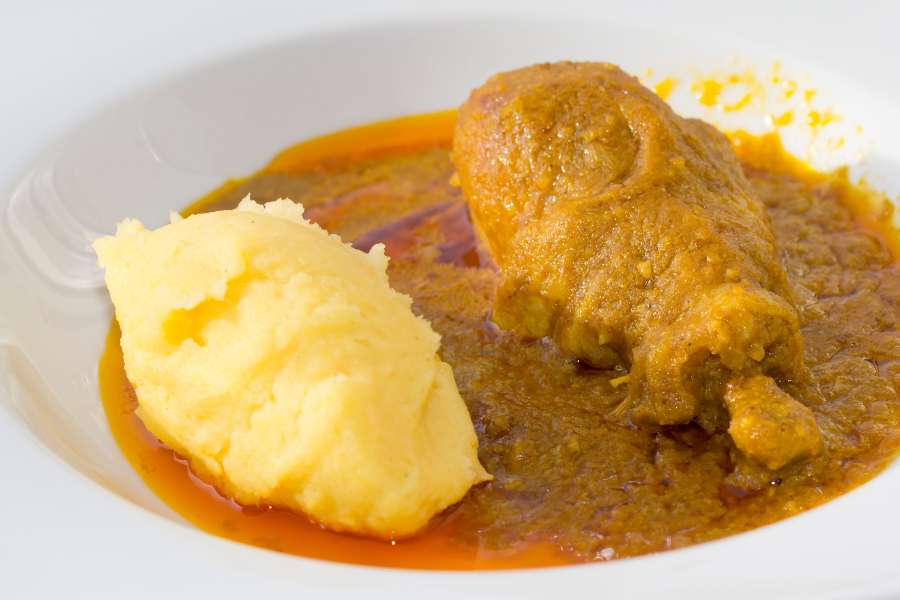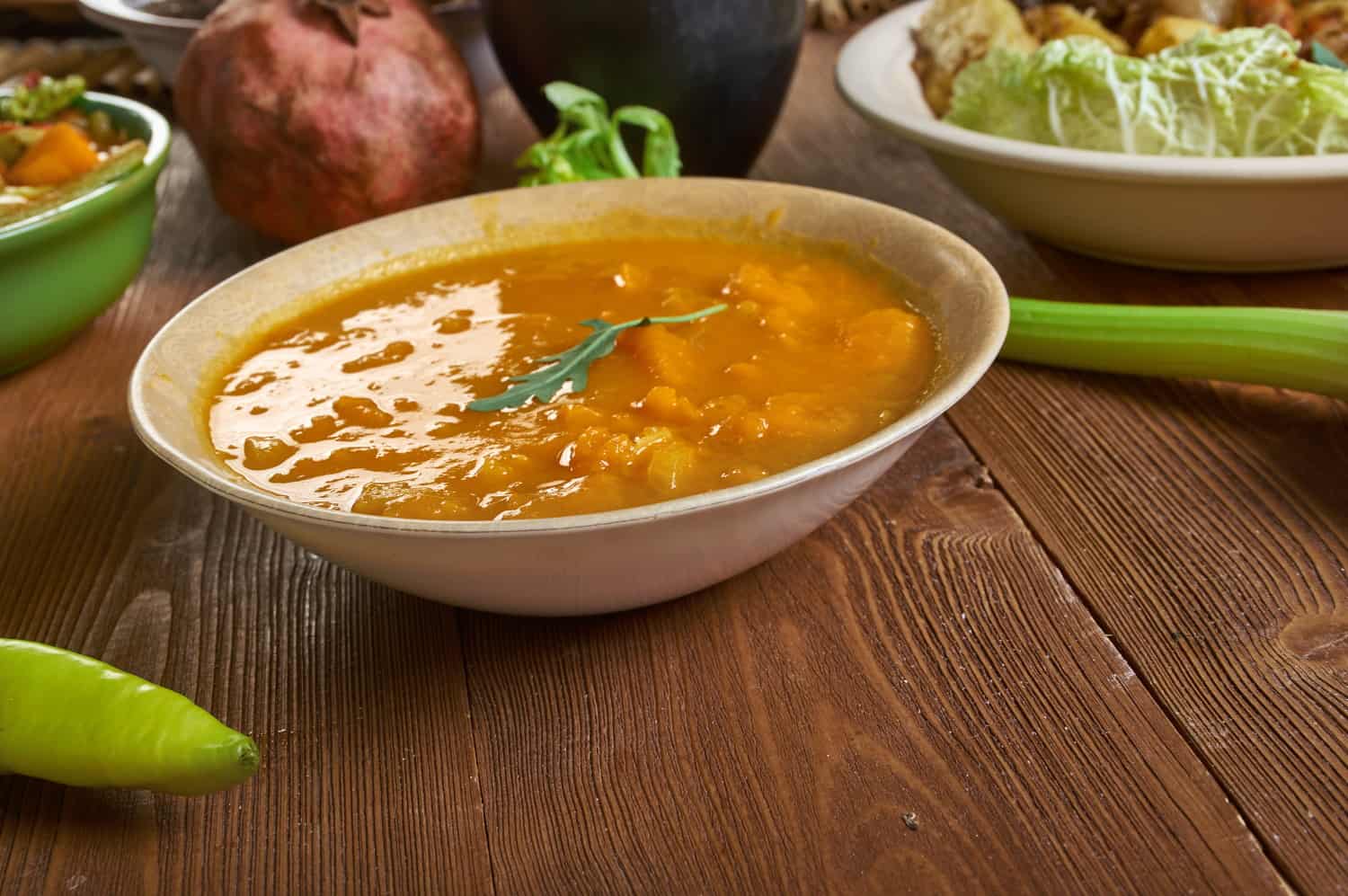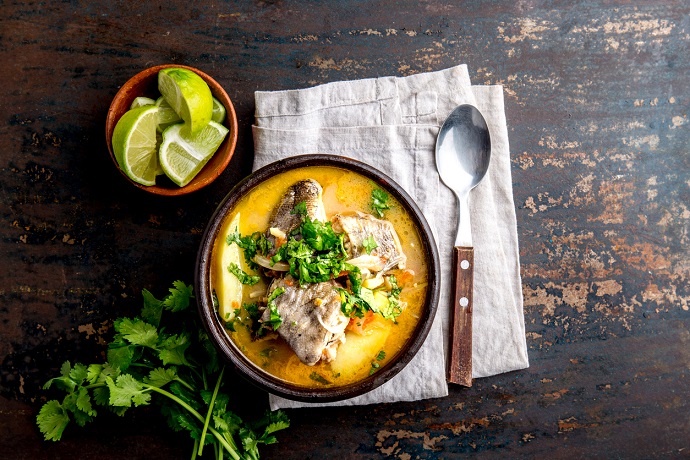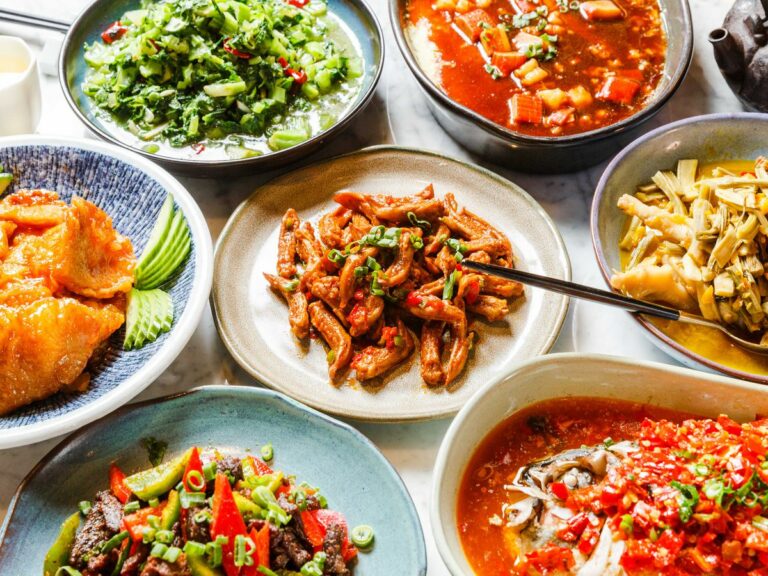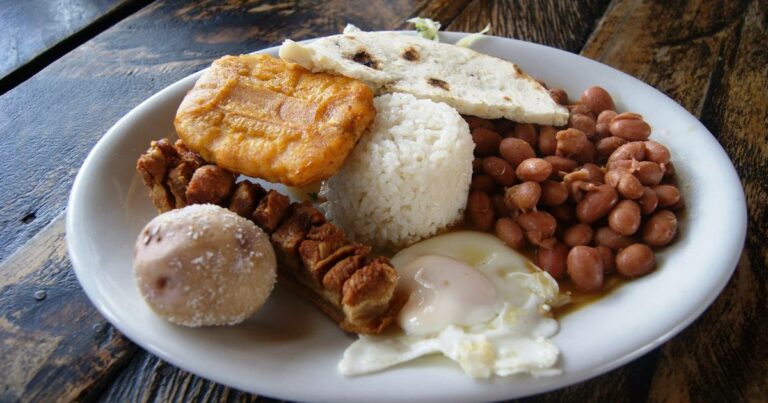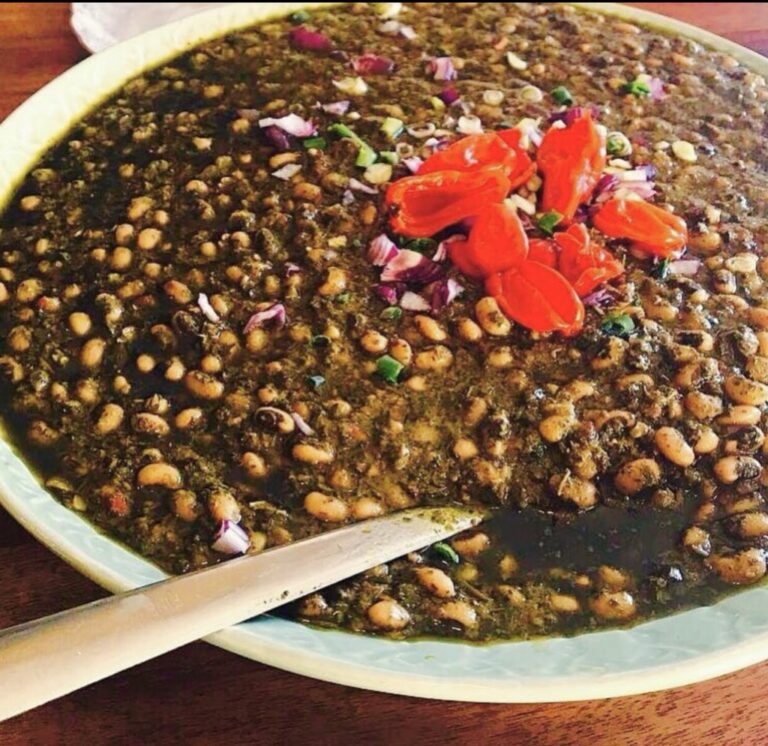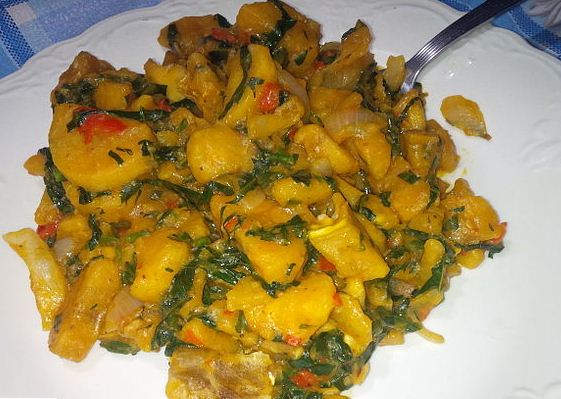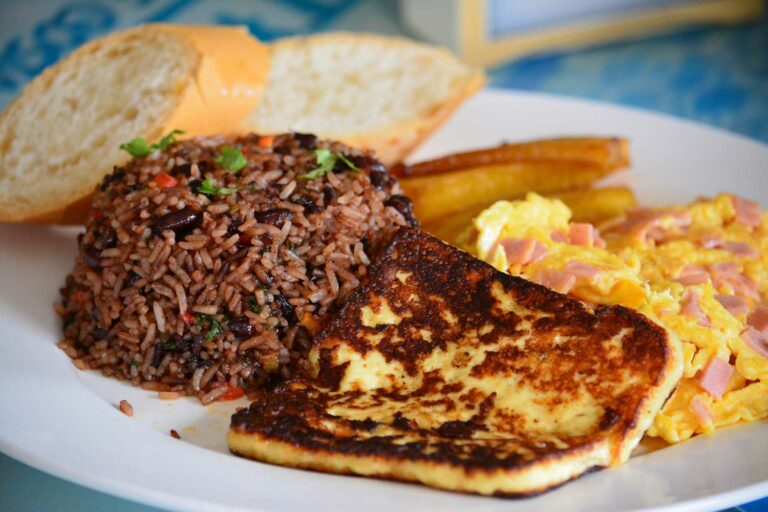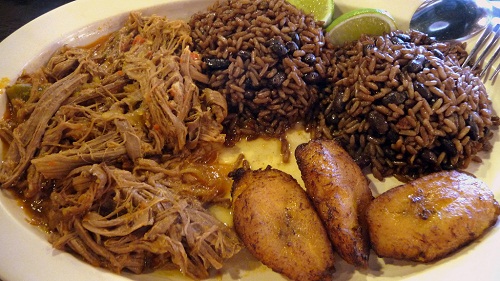Unique Beverages in Central African Republic Cuisine
Central African Republic (CAR) is known for its diverse and exotic cuisine, which includes a range of unique beverages. These beverages are made from natural ingredients and reflect the local culture and traditions of the people living in CAR. From millet beer to palm wine, the country offers a variety of refreshing and flavorful drinks.
Millet Beer: A Traditional Drink in CAR
Millet beer is a traditional drink in CAR that is made from fermented millet. The drink is popular among the locals and is often served during celebrations and special occasions. Millet beer is known for its sour taste and is consumed at room temperature. It is believed to have medicinal properties and is used to treat various ailments, including stomach problems and fever.
Palm Wine: A Popular Local Brew
Palm wine is another popular local brew in CAR. The drink is made by tapping the sap from palm trees and fermenting it in a container. Palm wine has a sweet taste and is often consumed as a social drink. It is also used in cooking and is added to dishes such as cassava leaves and fish stew.
Sorrel Juice: A Refreshing Drink for Hot Days
Sorrel juice is a refreshing drink that is ideal for hot days. The drink is made from the leaves of the sorrel plant, which is grown in CAR. Sorrel juice has a tangy taste and is often sweetened with sugar or honey. It is also believed to have health benefits and is known to help reduce blood pressure and improve digestion.
Hibiscus Tea: A Natural Remedy for Sore Throat
Hibiscus tea is a popular natural remedy for sore throat in CAR. The tea is made from the flowers of the hibiscus plant and has a tart taste. It is often consumed hot and is sweetened with honey or sugar. Hibiscus tea is also believed to have other health benefits, including lowering blood pressure and reducing inflammation.
Ginger Juice: A Spicy and Healthy Beverage
Ginger juice is a spicy and healthy beverage that is popular in CAR. The drink is made from fresh ginger root, which is grated and mixed with water. Ginger juice has a strong and spicy taste and is often sweetened with honey or sugar. It is believed to have medicinal properties and is used to treat various ailments, including nausea and indigestion.
Bissap: A Red Drink with a Tangy Taste
Bissap is a red drink that is made from the flowers of the hibiscus plant. The drink has a tangy taste and is often sweetened with sugar or honey. Bissap is popular in CAR and is often consumed during social gatherings and celebrations. The drink is also believed to have health benefits, including reducing blood pressure and improving digestion.
Mango Juice: A Sweet and Nutritious Option
Mango juice is a sweet and nutritious option in CAR. The drink is made from fresh mangoes, which are blended with water and sugar. Mango juice is known for its sweet taste and is often consumed as a dessert or snack. It is also a good source of vitamins and minerals, including vitamin C and potassium.

